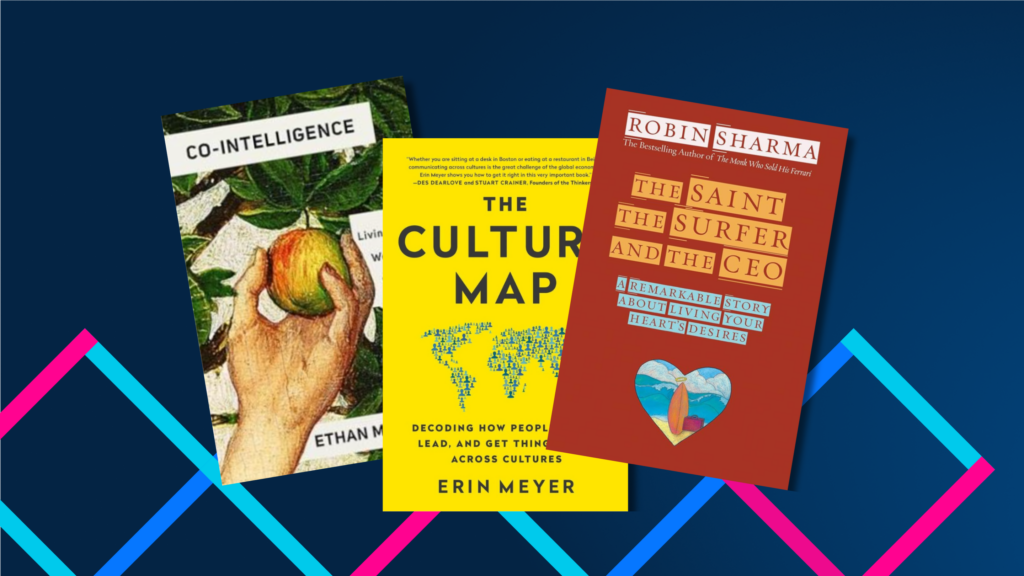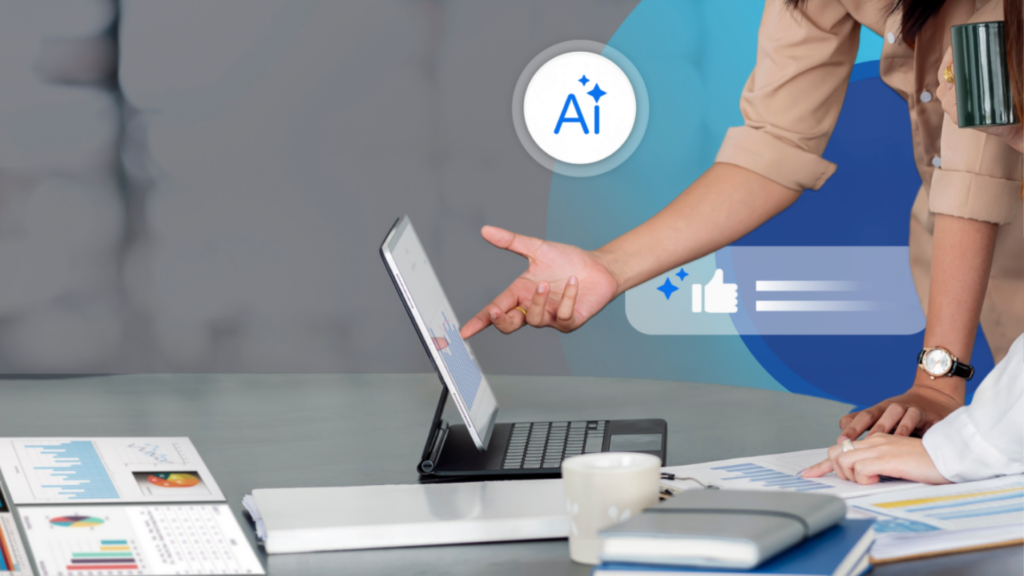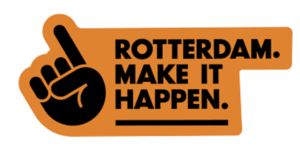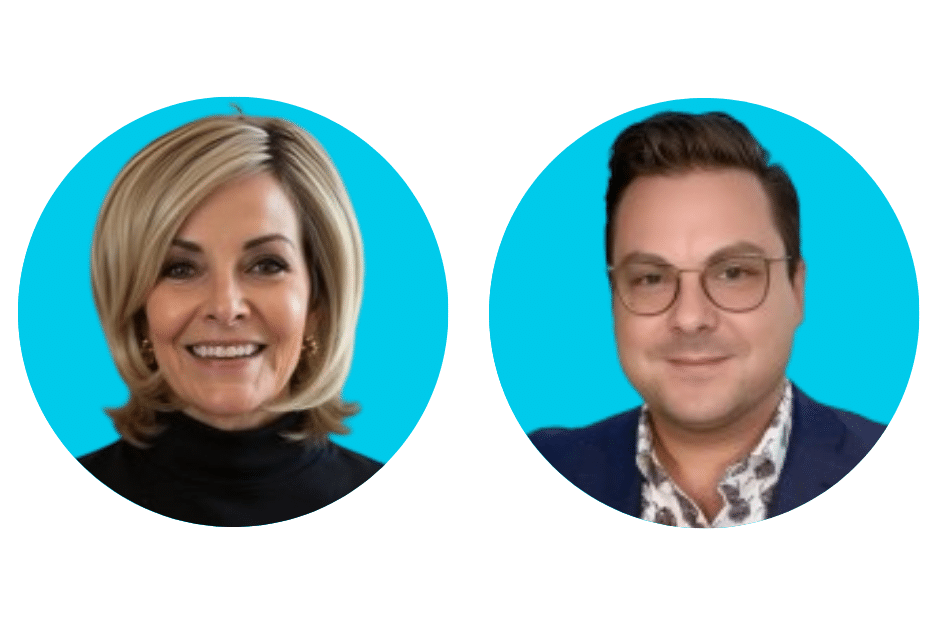
Glenna Crooks, PhD and Paul Hambly, EVP of Supply at Toluna
AI is transforming industries across the board, and healthcare is no exception. This is the fifth in a series of articles reviewing physicians’ perspectives on GenAI, addressing the views of pediatricians, who are consistently among the most cautious voices on the risks of GenAI.
Pediatric cautions
Across nearly every risk category measured in our survey, physicians caring exclusively for children expressed significantly higher concerns than their colleagues. The data suggests something profound about how physicians view their responsibility when caring for society’s youngest and most vulnerable members. The pattern is unmistakable: across every dimension, pediatric physicians’ GenAI risk assessment is the most stringent – for multiple reasons:
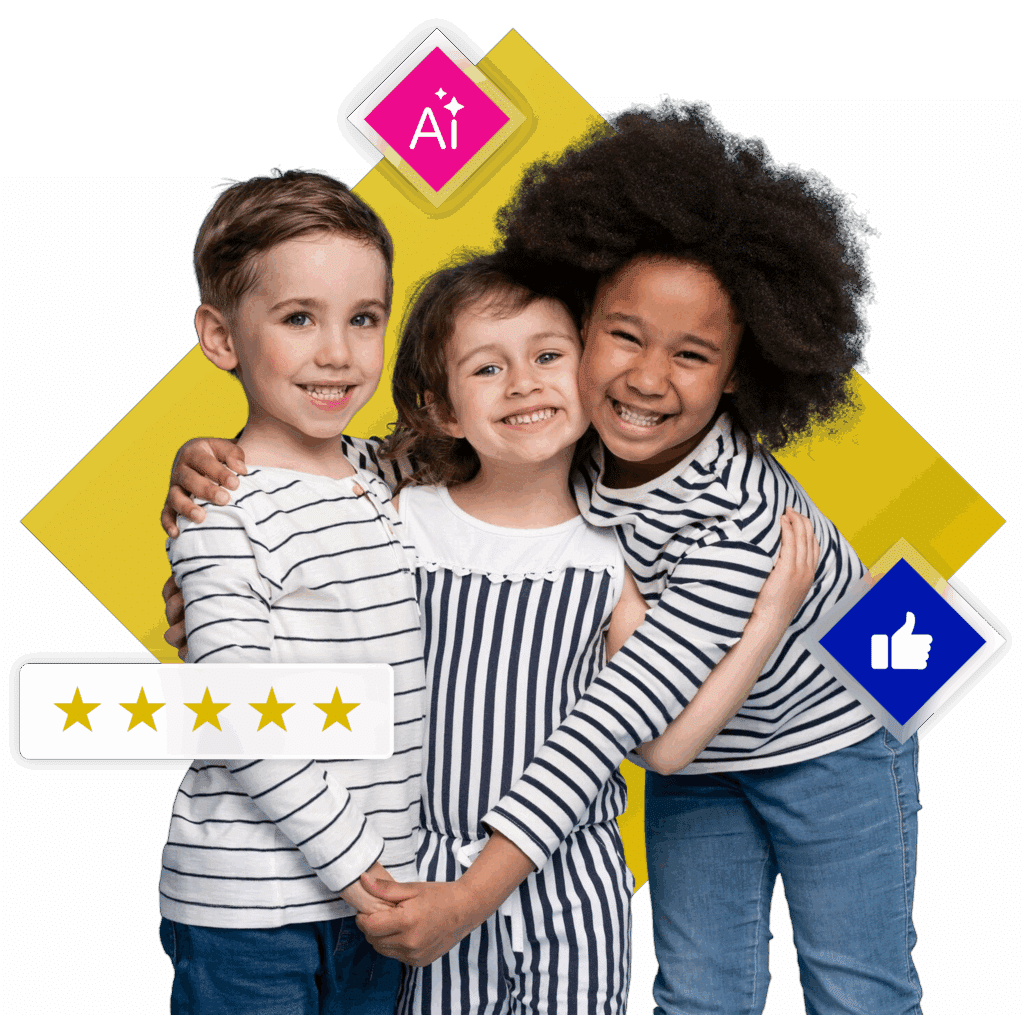
Why children change everything
Our survey didn’t directly ask about protective instincts, but the data pattern suggests pediatric physicians may indeed feel a heightened responsibility for their young patients. This isn’t surprising when you consider the unique vulnerabilities children face in healthcare settings:
Developer accountability for harm
Pediatricians are more likely to hold developers accountable for any harm caused by GenAI (30%) compared to adult-only physicians (23%) and mixed adult-pediatric physicians (23%).
Coming next:
Our next article will delve into the transparency dilemma physicians face: acknowledging that patients should be informed about the use of GenAI in their care while fearing the consequences of disclosing this information.

Endnote:
As part of our “AI Everywhere” strategy, Toluna is committed to helping organizations navigate the opportunities and responsibilities that AI brings with it. We partnered with Glenna Crooks, PhD, a recognized policy strategist in global healthcare, to engage over 2,000 physicians on their views of generative AI.[1]
Using Curizon, Toluna’s proprietary panel of healthcare professionals, we explored perceived benefits and risks of AI in healthcare, accountability in the event of harm, and the need for ethical guidelines. The research also examined the advisability of a GenAI Oath modeled after traditional oaths taken by healthcare professionals.
[1]This survey was scripted and programmed by Toluna and fielded in February 2025 with 2,739 healthcare professionals in Toluna’s proprietary healthcare panel Curizon. Survey author: PersonaPanels & Glenna Crooks, PhD. All percentage data points and significance markers (p < 0.05) are derived directly from the survey cross-tabulation analysis.


